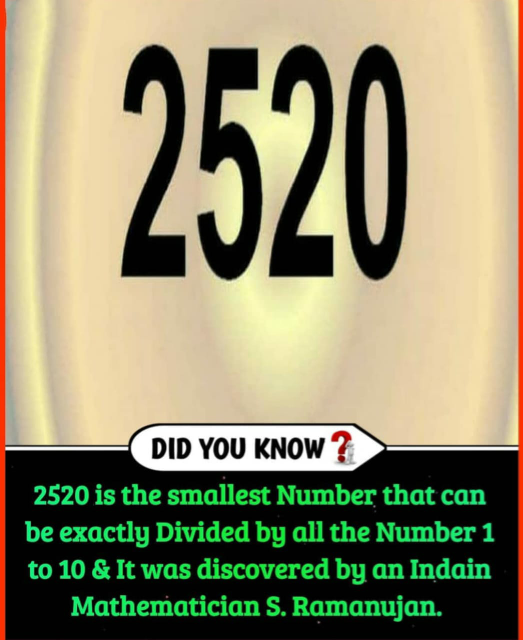
AllQuestion and Answers: Page 1478
Question Number 64266 Answers: 1 Comments: 0
$$\:\underset{\mathrm{1}/{e}} {\overset{{e}} {\int}}\:\mid\:\mathrm{log}\:{x}\:\mid\:{dx}\:= \\ $$
Question Number 64265 Answers: 1 Comments: 2
Question Number 64218 Answers: 0 Comments: 4
$${so}\:{goodbye}\:{everybody}\:{i}\:{am}\:{leaving}\:{this}\:{platform} \\ $$
Question Number 64269 Answers: 1 Comments: 0
Question Number 64268 Answers: 0 Comments: 1
Question Number 64270 Answers: 1 Comments: 0
Question Number 64204 Answers: 1 Comments: 1

Question Number 64203 Answers: 1 Comments: 5
Question Number 64202 Answers: 0 Comments: 0
Question Number 64201 Answers: 2 Comments: 0
Question Number 64200 Answers: 1 Comments: 1

Question Number 64187 Answers: 1 Comments: 0

Question Number 64186 Answers: 1 Comments: 0

Question Number 64185 Answers: 2 Comments: 3

Question Number 64176 Answers: 1 Comments: 0

Question Number 64175 Answers: 0 Comments: 1
Question Number 64174 Answers: 0 Comments: 0
Question Number 64173 Answers: 0 Comments: 1
Question Number 64166 Answers: 1 Comments: 0
Question Number 64160 Answers: 2 Comments: 5
Question Number 64159 Answers: 1 Comments: 1
$${calculate}\:\:\int_{\mathrm{0}} ^{\mathrm{1}} \:\:\frac{{dx}}{\mathrm{3}+\mathrm{2}^{{x}} } \\ $$
Question Number 64158 Answers: 0 Comments: 0

Question Number 64153 Answers: 1 Comments: 0
$${solve}\:{to}\:{z}^{\mathrm{2}} \:\:\:{x}^{\mathrm{2}} −{y}^{\mathrm{2}} =\mathrm{24} \\ $$
Question Number 64150 Answers: 1 Comments: 2
Question Number 64147 Answers: 2 Comments: 0

Question Number 64139 Answers: 1 Comments: 2
Pg 1473 Pg 1474 Pg 1475 Pg 1476 Pg 1477 Pg 1478 Pg 1479 Pg 1480 Pg 1481 Pg 1482
